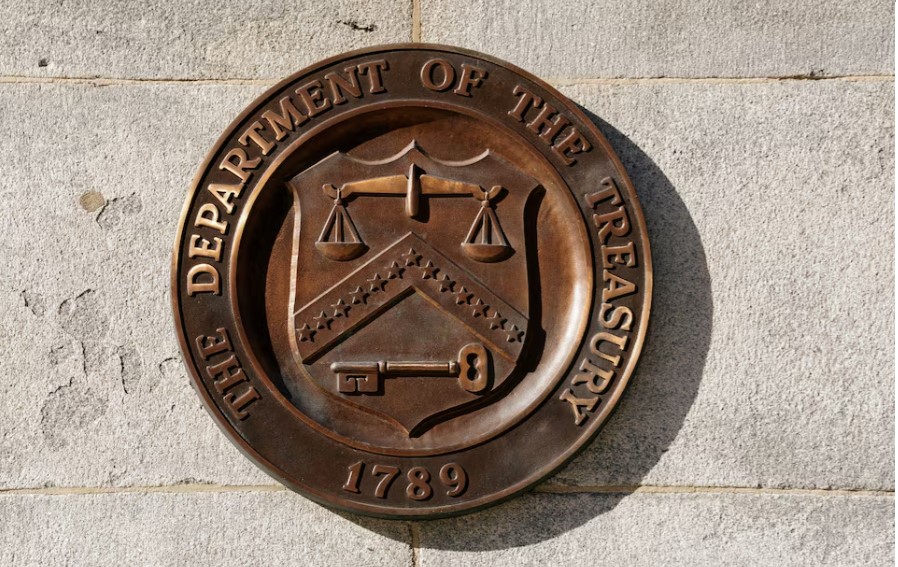- Deficit, receipts and outlays were record highs for November
- Adjusted for calendar shifts, November deficit would have shrunk
- FEMA payments up, interest costs flat in October and November
The Treasury Department said that without the acceleration of December payments for the Medicare and Social Security programs into November, the deficit last month would have been about $29-billion, or 9% lower than last year.
The health care and pension programs for seniors are two of the government's largest expenditure items.
But as reported, the November deficit was a record high for that month. Receipts and outlays also were record highs for the month of November, with receipts up 10% to $302-billion, and outlays up 14% to $669-billion.
The deficit for the first two months of the 2025 fiscal year also was a record high for that period - higher than the deficits of the COVID-19 era - reaching $624-billion, up $244-billion, or 64%, from the same period a year earlier. The government's fiscal year starts on 1 October.
Those deficits were also inflated by calendar-related benefit shifts as well as higher receipts in October and November of 2023 due to the expiration of tax payment deferrals tied to California wildfires and other weather-related disasters that year.
Year-to-date receipts as reported were down 7% from a year earlier to $629-billion, while year-to-date outlays were up 18% to $1.253-trillion.
The outlays for the first two months of the fiscal year included a $4-billion, or 30%, increase in Department of Homeland Security spending to $19-billion, largely reflecting Federal Emergency Management Agency spending related to recent hurricanes.
But the Treasury's interest cost on public debt for the fiscal year's first two months was flat at $169-billion, despite a $7-billion increase for November.
(Reporting by David Lawder; Editing by Paul Simao)





